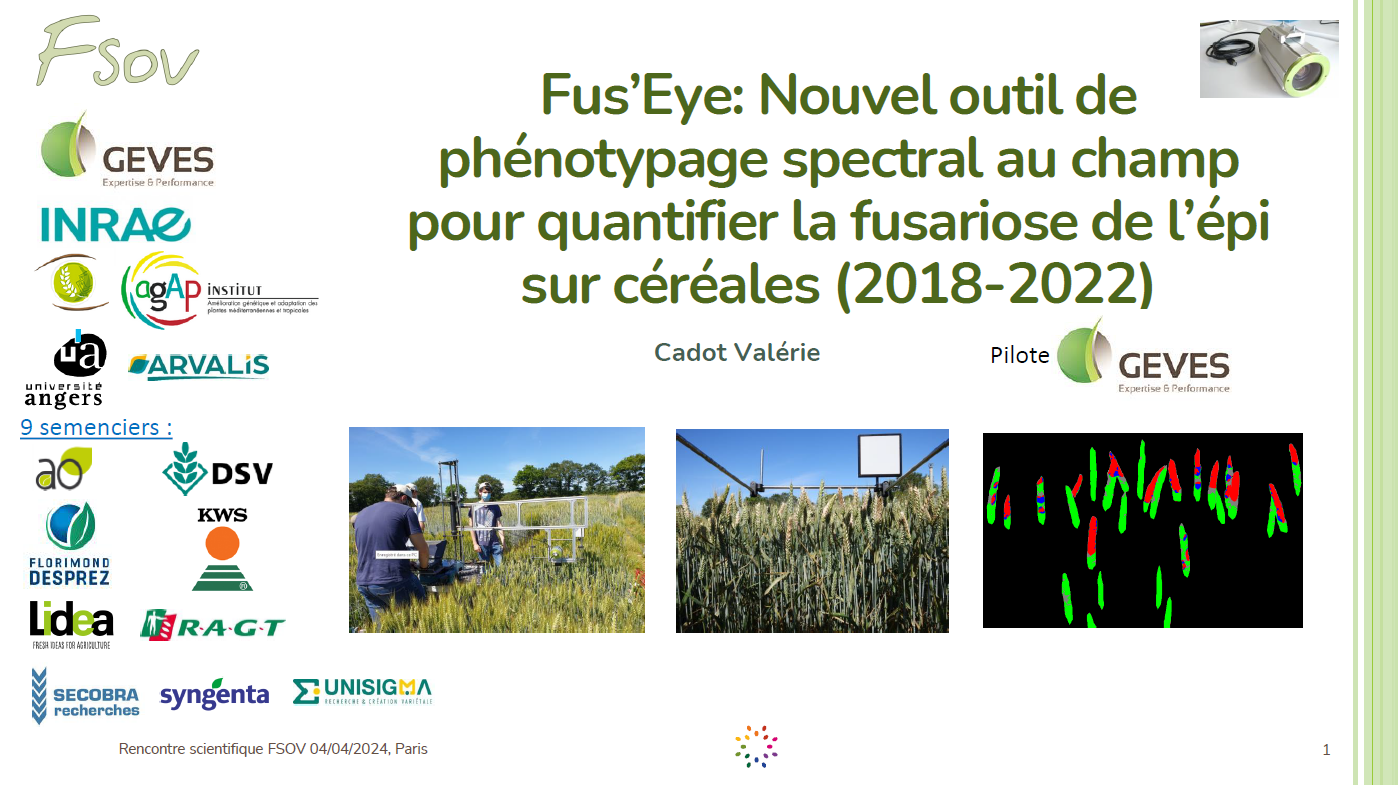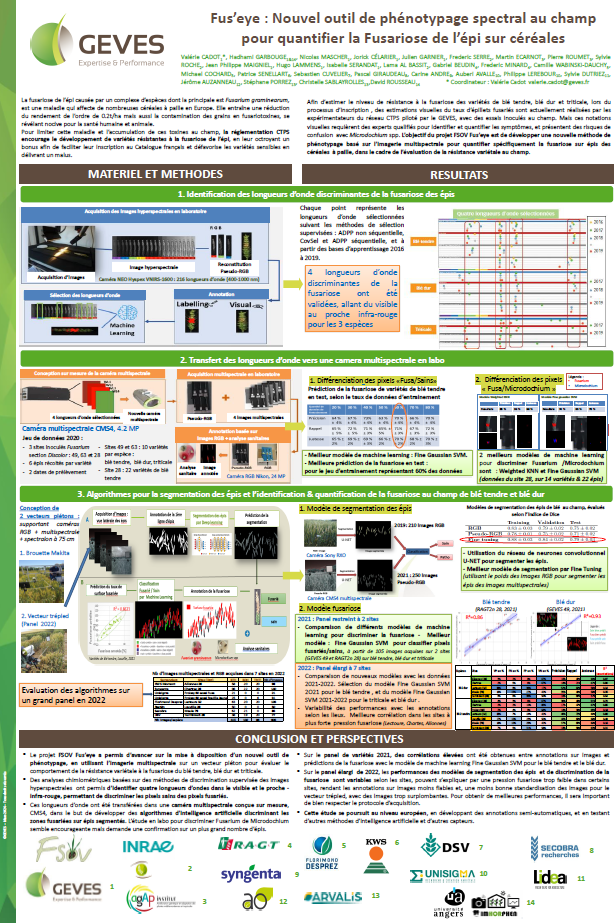France
June 3, 2024
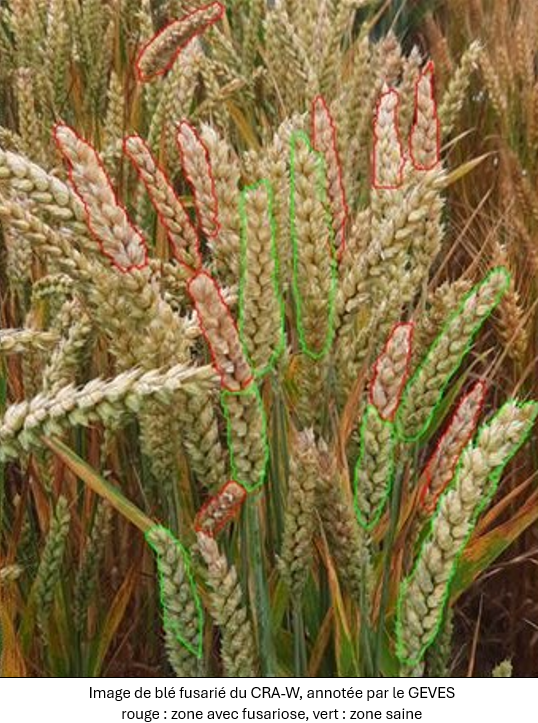
At the 9th scientific meeting of the Plant Breeding Support Fund on 4 April 2024, GEVES, which is piloting the project from 2018 to 2022, reported on the results of the Fus’eye project, which aims to quantify fusarium head blight on cereals by developing new spectral phenotyping tools in the field.
Chemometric analyses were used to identify four wavelengths in the visible and near-infrared range, enabling healthy pixels to be distinguished from fusarium-affected pixels. These wavelengths were transferred to a multispectral camera and tested in the laboratory and in the field.
This project, which involves a number of partners (INRAE, Angers University, Arvalis and 9 seed companies), is developing its achievements using new artificial intelligence models through two other ongoing European projects.
The Fus’eye project for phenotyping diseases using artificial intelligence is continuing to develop knowledge for routine techniques via 2 European programmes, in conjunction with the CRA-W in Gembloux, in Belgium, and Agroscope in Switzerland:
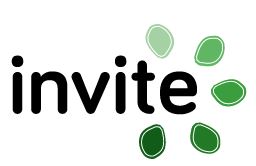
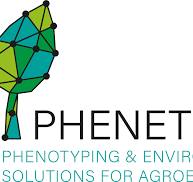
- the H2020 Invite project, which ends in 2024,
- the Phenet project (2023-2027), led by INRAE and based on a series of case studies to demonstrate the applicability of these technological solutions in various fields, including health status. GEVES is involved in the “Plant Health” use case, the aim of which is to validate multispectral and RGB sensors for evaluating biotic stresses in wheat and barley, including fusarium head blight but also other pests.
After the kick-off meeting at INRAE in Montpellier on 21 and 23 February 2023, GEVES took part in the Phenet annual meeting in 2024 in Wageningen from 23 to 25 April to define future progress and strategies,
In 2024, GEVES recruited an artificial intelligence engineer, Seydina Kone, and a trainee, Marie Brillant, on a Master 2 Photonics, Signal and Imaging course at the University of Angers, to develop Deep Learning and Machine Learning models based on the various sensors used on wheat and barley in the field.
